Mark Surman spoke to Euronews Next following the Paris AI Summit about nations collaborating to build better technology.
The United States and China are battling it out to reign supreme in the artificial intelligence (AI) global race. But instead of focusing on just the East and West, the rest of the world should hedge their bets on Europe too, Mozilla’s president said in an interview with Euronews Next.
“I think people are being mesmerised, hypnotised by this idea of an AI Cold War,” said Mark Surman, president and executive director of the Mozilla Foundation, a non-profit that provides funding and resources for a “more human-centred Internet”.
"I think what may happen...is that all the rest of the world comes up the middle”.
The US-based company OpenAI catapulted AI’s advancement with the release of ChatGPT in late 2022, which went on to dominate the market.
Other companies such as Google, Microsoft, and Anthropic have also jumped on the AI bandwagon.
Then earlier this year, China-based company DeepSeek released its own AI chatbot model, which the company says is cheaper to run and uses less energy.
But “the AI race is far from over,” European Commission chief Ursula von der Leyen said at last week’s Paris AI Action Summit as she announced €200 billion worth of public and private investments into AI.
For Europe to boost its AI capabilities on a global scale, however, the continent will have to team up with other countries to pool resources, said Surman, whose tech company is both behind Firefox and has been advocating for a more open source Internet.
“The idea of just creating a bunch of big companies with venture capital behind them and they fight it out isn’t the only paradigm,” he said.
‘CERN for AI’
Surman believes that Europe should join forces with countries such as Japan, India, and Canada to pull their AI resources together.
For example, if Switzerland uses 10,000 of its research GPUs – which perform mathematical calculations that are key for AI – and Canada puts forward its research computers, and these resources are put towards open source infrastructure, then you “incent researchers to work together and you get quite naturally this idea of the CERN for AI,” he said.
“Not because you going and build one Large Hadron Collider,” he added, referring to the world's largest and most powerful particle accelerator at the European Organization for Nuclear Research (CERN), but because you just pool digital resources that people are already spending money on.
“If you put a different technical and economic lens on how you organise the work there, Europe and potentially your collaborators are well-situated both to catch up and to leap ahead,” he said.
But even if these resources are brought together, the US and China still have a big advantage.
The US spent the most in private investment in AI and had the most merger and acquisition activity in 2023, according to a Stanford University study ranking countries on AI.
US President Donald Trump announced in January the Stargate Project, a company that he said would invest an unprecedented $500 billion (€480 million) in developing US AI infrastructure, which is backed by companies OpenAI and Oracle, Japanese bank SoftBank, and the Emirati sovereign wealth fund, MGX.
He also revoked a Joe Biden administration executive order on safe and trustworthy AI.
Meanwhile, China has made investing in AI a priority, especially in training engineers.
The country also has the highest number of AI patents in the world and has wide access to data, which is the lifeblood of AI as it is used to train the models.
It is a different story for Europe, which does not have as much access to venture capital funding and has a talent shortage. Europe also has stricter data protection rules in place.
Surman said that there is a challenge for Europe concerning access to data, but that it also presents an opportunity.
“Increasingly people are going to be looking for these models to be trained on clean and legal datasets, and we're just at the beginning of people challenging how these models have been built,” he said.
“If Europe gets good at building highly performant language models and clean, ethical and legal data sets, which is possible, I think they'll be jumping ahead”.
Surman explained that this could happen amid possible further legal challenges against companies such as OpenAI.
The New York Times took the AI company to court last month, for instance, over copyright infringement. Lawyers for OpenAI argue the copyrighted materials in question are allowed under fair use doctrine.
But businesses that use AI tools from companies that do a “willy nilly vacuuming of data,” will also be at risk, Surman said.
“I think there are opportunities to get ahead of the pack on responsible data use that actually makes better products,” he added.
The open source hotdog
The Mozilla Foundation prioritises open source AI, which Surman compared to a hotdog you know all the ingredients of.
He said what some companies call open source is not knowing where the meat comes from, but being able to change all the condiments.
In real terms, this means that you do not know the source of the data used to train the AI model.
Not only does open source mean that you know what’s inside the AI model, but it also encourages creativity and innovation as developers can build on AI algorithms and pre-trained models to alter their own products and tools.
“I think that is actually an opportunity for Europe to do a really beautiful piece of food. That is, we know what's in it, and it's wonderful and we feel good eating it,” Surman said, referring to the hotdog analogy.

 1 month ago
14
1 month ago
14

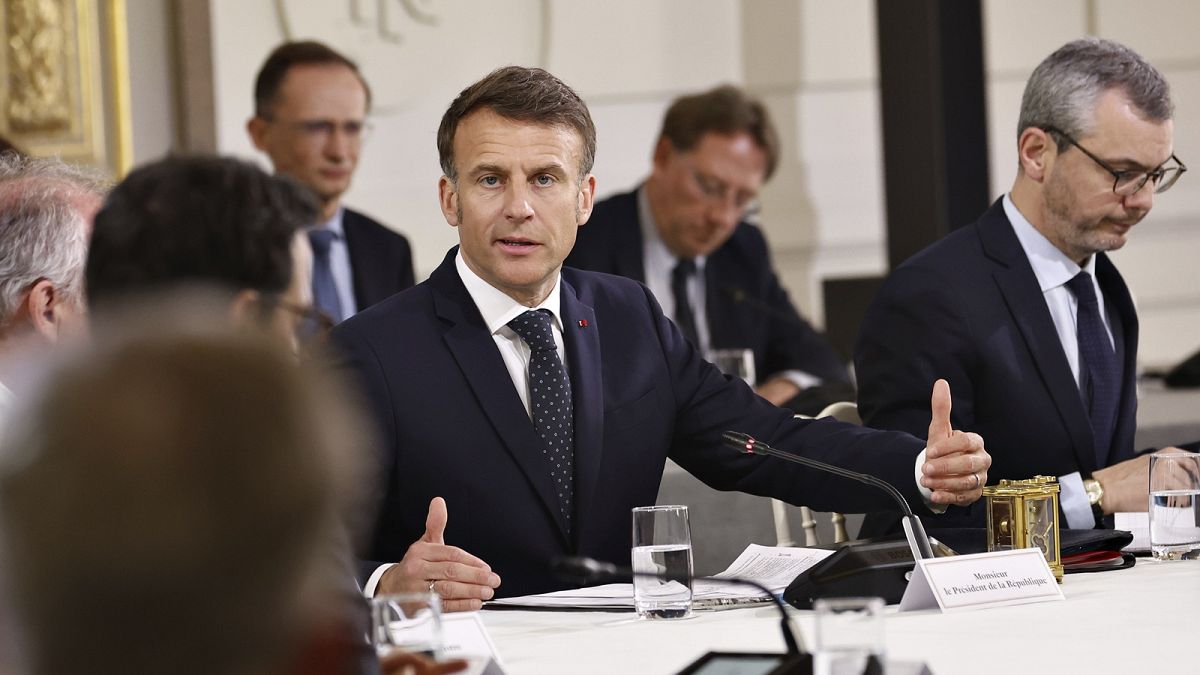
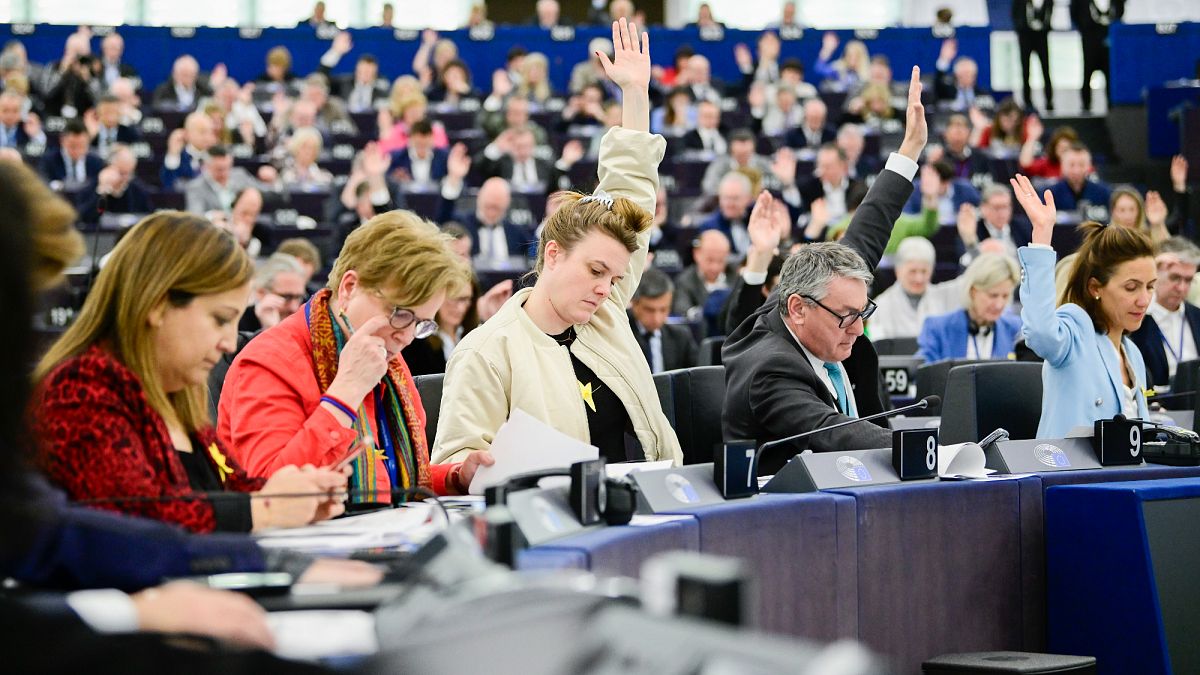
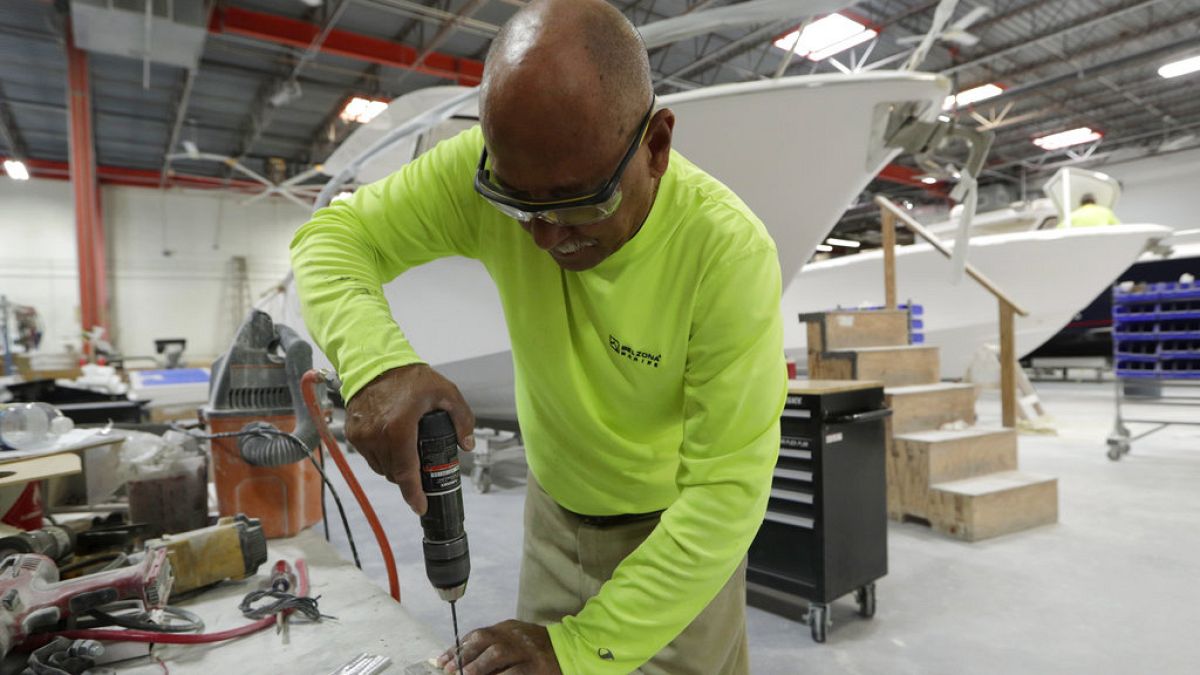
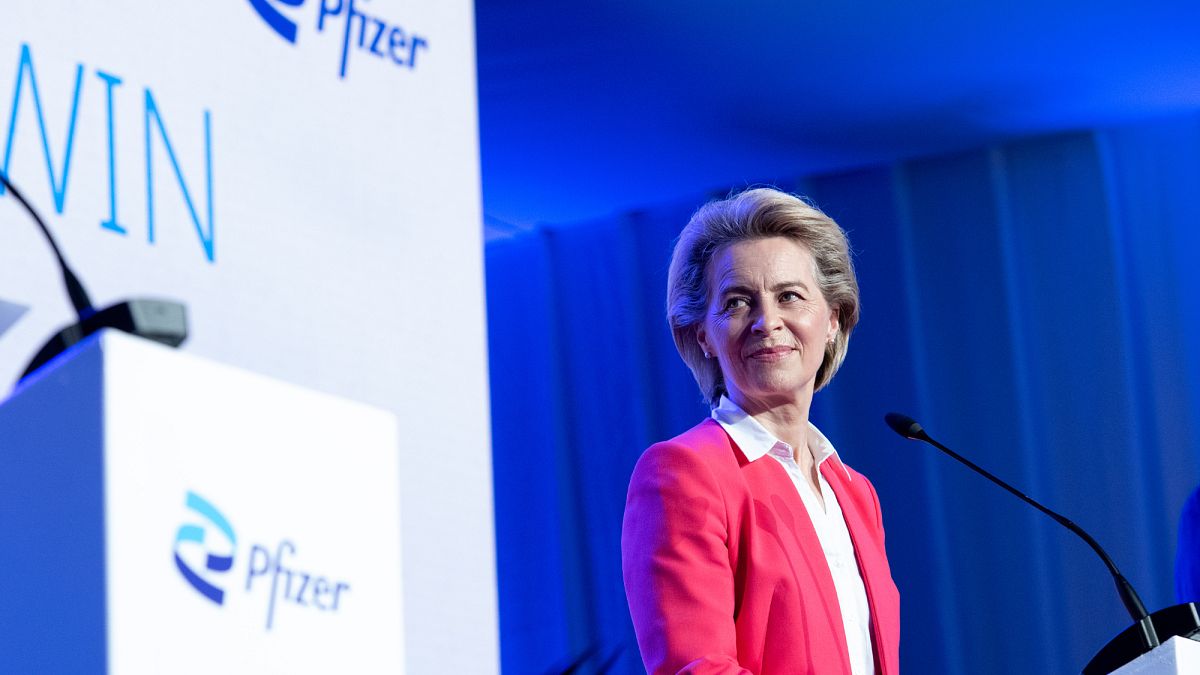
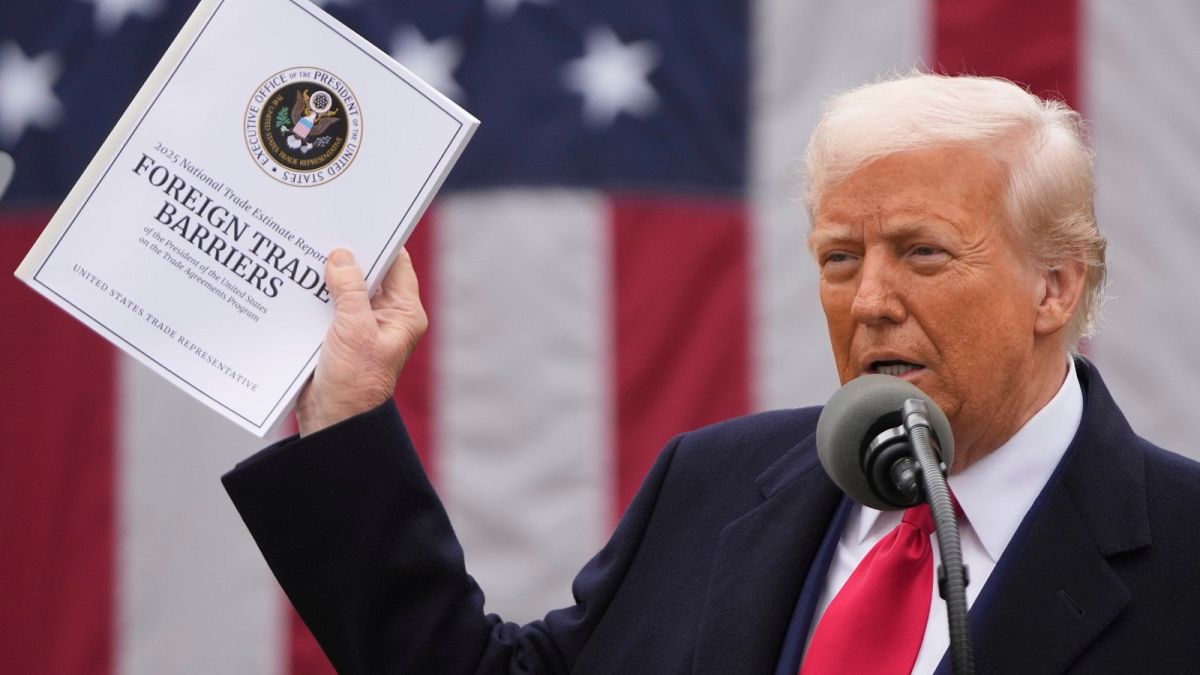
 We deliver critical software at unparalleled value and speed to help your business thrive
We deliver critical software at unparalleled value and speed to help your business thrive






 English (US) ·
English (US) ·